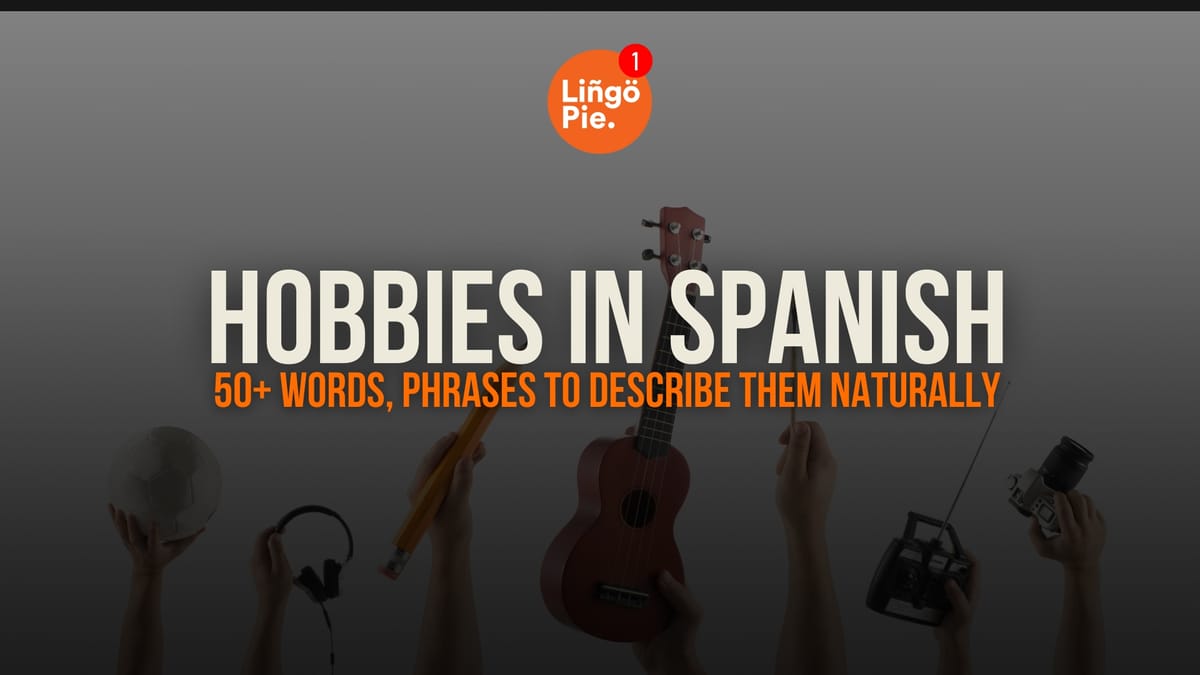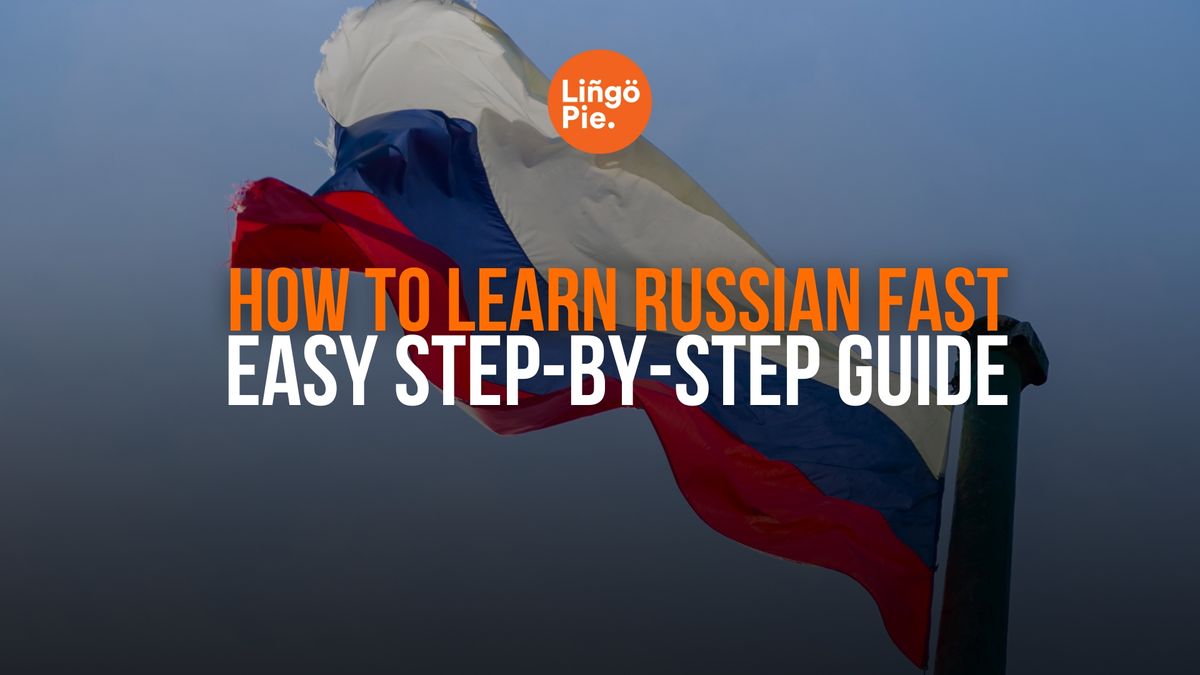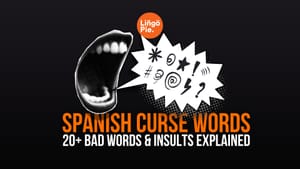One of the most common conversation starters when meeting Spanish speakers is discussing hobbies. Whether traveling through Latin America, living in Spain, or chatting with Spanish-speaking friends at home, people will ask what you like to do in your free time. It’s a natural way to connect and find common ground with someone new.
In this post, I’ll share the basic words for hobbies in Spanish, useful phrases to describe what you enjoy, and tips to talk about your interests naturally. By the end, you’ll learn how to go beyond simple answers and have real conversations about the things you’re passionate about.
- How to Say Sorry in Spanish: A Guide For Every Situation
- 31 Colombian Slang & Bad Words EXPLAINED (With Audio!)
- 19 Best Spanish Series on Netflix For Learning Spanish Fast [2025]

What Are Your Hobbies In Spanish
The most natural way to ask about hobbies in Spanish uses the verb "gustar" (to like), but it works differently from English. Instead of saying "I like reading," Spanish speakers say "Me gusta leer," which literally means "reading is pleasing to me." The verb "gustar" agrees with what's being liked, not who likes it, so you use "gusta" for singular activities and "gustan" for plural things.
Sounds tricky? Here are some example sentences with indirect object pronouns:
- Me gusta cocinar (I like to cook)
- Te gusta bailar (You like to dance)
- Le gusta pintar (He/she likes to paint)
- Nos gustan los videojuegos (We like video games)
- Les gusta viajar (They like to travel)
The indirect object pronouns (me, te, le, nos, os, les) tell you who likes something, while "gusta" or "gustan" changes based on whether you're talking about one activity (gusta) or multiple things (gustan).
Other Ways To Ask About Hobbies In Spanish
While "gustar" is the most common approach, Spanish offers several other natural ways to ask about someone's interests. These alternatives give you flexibility in conversations and help you sound more like a native speaker. Some focus on free time activities, others on entertainment, and a few use the direct word for hobbies.
- ¿Cuáles son tus pasatiempos? (What are your hobbies?)
- ¿Qué te gusta hacer en tu tiempo libre? (What do you like to do in your free time?)
- ¿Qué haces para divertirte? (What do you do for fun?)
- ¿Tienes algún pasatiempo? (Do you have any hobbies?)
- ¿Cuál es tu pasatiempo favorito? (What is your favorite hobby?)
How To Talk About Your Hobbies In Spanish
Expressing Likes
When talking about hobbies you enjoy, "gustar" remains your go-to verb, but you can add intensity and variety to sound more natural. To emphasize who likes something, add "A mí" (as for me) before the pronoun.
For stronger feelings, verbs like "encantar" (to love) and "fascinar" (to fascinate) work the same way as "gustar" but show more enthusiasm.
- Me gusta leer novelas (I like to read novels)
- A mí me gusta mucho la fotografía (I really like photography)
- Me encanta tocar la guitarra (I love playing guitar)
- Me fascina coleccionar monedas (Collecting coins fascinates me)
- Nos gusta practicar yoga (We like practicing yoga)
- Les encantan los videojuegos (They love video games)
Expressing Dislikes
To express dislikes, simply add no before the verb gustar or similar verbs. For stronger dislikes, you can use "odiar" (to hate) or "detestar" (to detest), which follow normal verb conjugation patterns. You can also intensify your dislike by adding "para nada" (at all) to emphasize how much you dislike something.
- No me gusta cocinar (I don't like cooking)
- No me gustan los deportes extremos (I don't like extreme sports)
- No me gusta para nada la jardinería (I don't like gardening at all)
- Odio correr (I hate running)
- Detesto los crucigramas (I detest crossword puzzles)
- A él no le gusta nada pescar (He doesn't like fishing at all)
Hobbies In Spanish
Fitness And Sports In Spanish
Sports and fitness activities are huge conversation topics in Spanish-speaking countries, where soccer dominates, but people enjoy everything from swimming to martial arts.
| Spanish | English |
|---|---|
| Fútbol | Soccer/Football |
| Básquetbol/Baloncesto | Basketball |
| Tenis | Tennis |
| Natación | Swimming |
| Correr | Running |
| Ciclismo | Cycling |
| Yoga | Yoga |
| Gimnasio | Gym |
| Pesas | Weightlifting |
| Boxeo | Boxing |
| Artes marciales | Martial arts |
| Voleibol | Volleyball |
| Béisbol | Baseball |
| Golf | Golf |
| Escalada | Rock climbing |
| Esquí | Skiing |
| Surf | Surfing |
| Crossfit | Crossfit |
Games And Entertainment In Spanish
From traditional card games to modern video games, entertainment hobbies give you plenty to talk about with Spanish speakers of all ages. These activities often involve social interaction, so knowing how to discuss board games, puzzles, or digital entertainment can lead to invitations to join in or recommendations for new things to try.
| Spanish | English |
|---|---|
| Videojuegos | Video games |
| Juegos de mesa | Board games |
| Cartas | Card games |
| Ajedrez | Chess |
| Rompecabezas | Puzzles |
| Dominó | Dominoes |
| Poker | Poker |
| Bingo | Bingo |
| Trivial | Trivia games |
| Monopolio | Monopoly |
| Scrabble | Scrabble |
| Damas | Checkers |
| Juegos de rol | Role-playing games |
| PlayStation/Xbox | Gaming consoles |
| Aplicaciones móviles | Mobile apps/games |
| Karaoke | Karaoke |
| Billar | Pool/Billiards |
| Dardos | Darts |
Outdoor Activities In Spanish
Spanish-speaking countries offer incredible natural landscapes, so outdoor hobbies are popular and widely discussed. Whether you enjoy hiking mountains, camping under stars, or simply taking walks in the park, outdoor vocabulary helps you share your love of nature and discover new places to explore with local recommendations.
| Spanish | English |
|---|---|
| Senderismo | Hiking |
| Camping | Camping |
| Pesca | Fishing |
| Caza | Hunting |
| Montañismo | Mountain climbing |
| Ciclismo de montaña | Mountain biking |
| Observación de aves | Bird watching |
| Jardinería | Gardening |
| Picnic | Picnic |
| Kayak | Kayaking |
| Rafting | Rafting |
| Escalada en roca | Rock climbing |
| Parapente | Paragliding |
| Fotografía de naturaleza | Nature photography |
| Acampar | Camping |
| Explorar | Exploring |
| Caminar por la playa | Beach walking |
| Recolectar conchas | Shell collecting |
Skill-based Hobies In Spanish
Creative and technical hobbies that require practice and development are highly respected in Spanish-speaking cultures. From musical instruments and painting to coding and woodworking, these activities show dedication and often become sources of pride that people love sharing and discussing with others.
| Spanish | English |
|---|---|
| Tocar guitarra | Playing guitar |
| Piano | Piano |
| Violín | Violin |
| Pintar | Painting |
| Dibujar | Drawing |
| Escultura | Sculpting |
| Fotografía | Photography |
| Cocinar | Cooking |
| Repostería | Baking |
| Costura | Sewing |
| Tejer | Knitting |
| Carpintería | Woodworking |
| Cerámica | Pottery |
| Programación | Programming/Coding |
| Escritura | Writing |
| Caligrafía | Calligraphy |
| Origami | Origami |
| Joyería | Jewelry making |
Other Phrases Related To Hobbies In Spanish
Time Expressions For Hobbies In Spanish
Talking about when and how often you do your hobbies makes conversations more detailed and natural. Spanish has specific phrases for frequency that help you explain your routine and commitment level. You can ask about frequency using "¿Con qué frecuencia?" (How often?) or "¿Cuántas veces?" (How many times?), and these questions often lead to the most interesting parts of hobby conversations.
Frequency adverbs:
- Siempre (always)
- A menudo (often)
- A veces (sometimes)
- De vez en cuando (every now and then)
- Rara vez (rarely)
- Nunca (never)
Time expressions:
- Todos los días (every day)
- Los fines de semana (on weekends)
- Por las tardes/mañanas/noches (in the afternoons/mornings/evenings)
- Una vez a la semana (once a week)
- Dos veces al mes (twice a month)
Levels or Types of Hobbies in Spanish
Spanish speakers often categorize their hobbies by intensity and commitment level, which gives listeners a better sense of how important an activity is to you. These distinctions help explain whether something is just casual fun or a serious pursuit. Using these phrases shows you understand the cultural nuances of how Spanish speakers talk about their interests.
Hobby categories:
- Pasatiempo ocasional (occasional hobby)
- Pasatiempo regular (regular hobby)
- Pasatiempo serio (serious hobby)
- Pasatiempo profesional (professional hobby)
- Pasatiempo relajante (relaxing hobby)
Useful templates:
- Es un [type] que hago [frequency] (It's a [type] that I do [frequency])
- Mi [hobby] es un pasatiempo [level] (My [hobby] is a [level] hobby)
Make Learning Spanish A Hobby With Lingopie
Now you have the essential vocabulary and phrases to discuss hobbies naturally in Spanish. From using "gustar" correctly to expressing how often you do activities, these basics will help you connect with Spanish speakers through shared interests.
However, this list is just the beginning!
The real learning happens when you hear native speakers use these words in natural conversations. That’s where Lingopie comes in!
With Lingopie, you can watch Spanish shows and movies with interactive subtitles, click on hobby-related words you hear, and build your vocabulary through real content. The more you watch, the more likely you'll pick up expressions and cultural nuances that no vocabulary list can teach.
Ready to put your hobby vocabulary to work? Start watching Spanish content on Lingopie and discover how naturally these conversations flow in real life.






![19 Best Spanish Series For Learning Spanish Fast [2026]](/blog/content/images/size/w300/2025/04/best-shows-to-watch-to-learn-spanish.jpg)
![How to Learn Spanish with News in Easy Spanish [Guide]](/blog/content/images/size/w300/2024/12/How-to-Learn-Spanish-with-News-in-Easy-Spanish.jpg)
![80 Spanish Love Words Every Romantic Should Know [Guide]](/blog/content/images/size/w300/2025/10/spanish-love-words.jpg)
